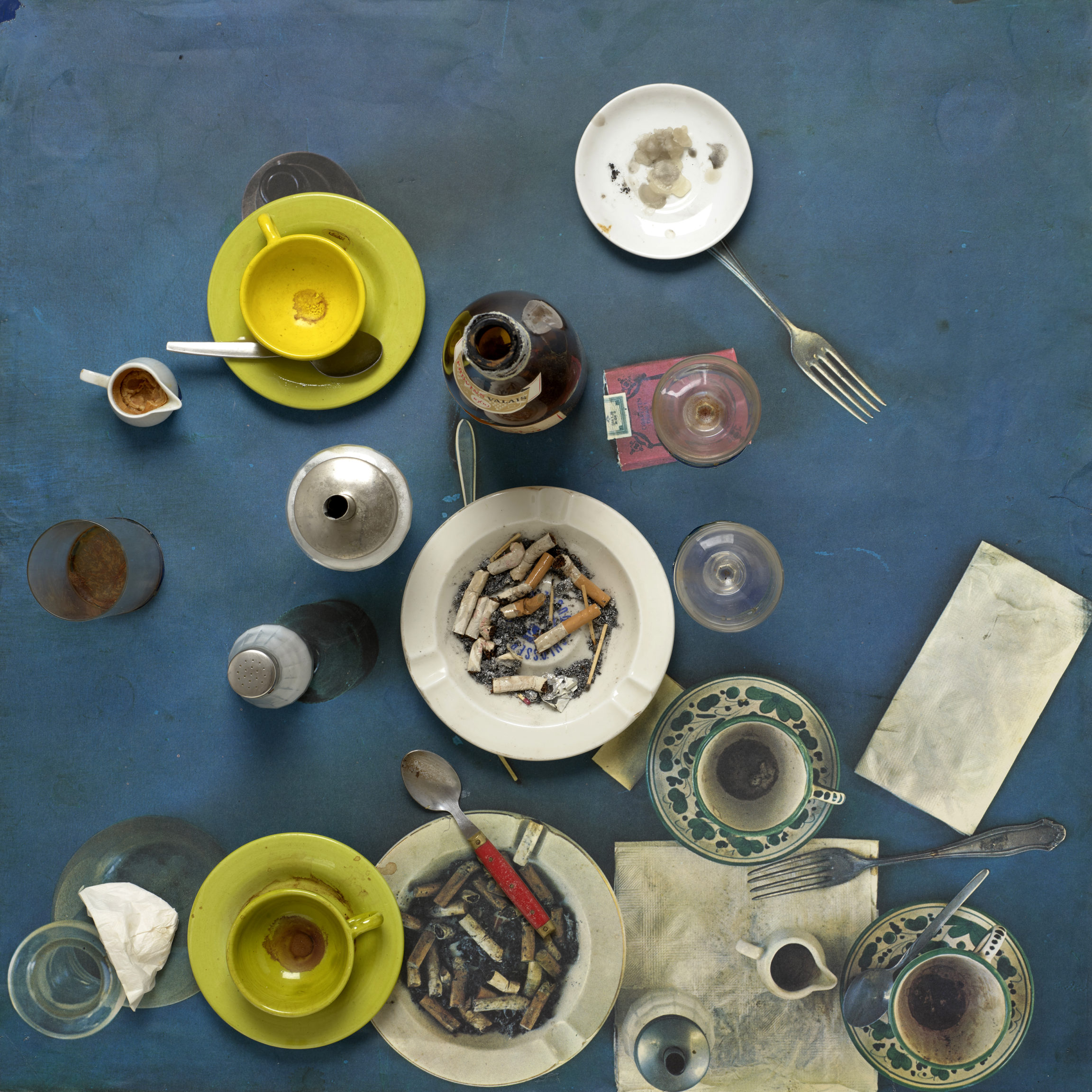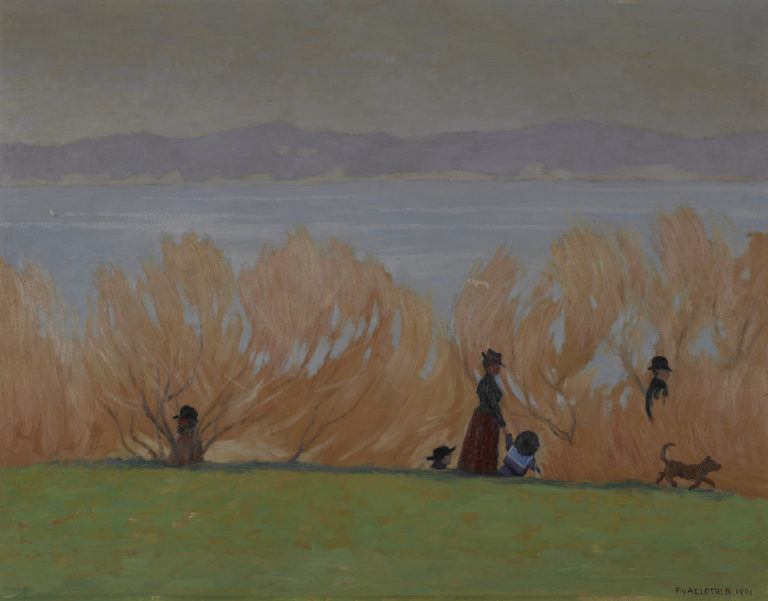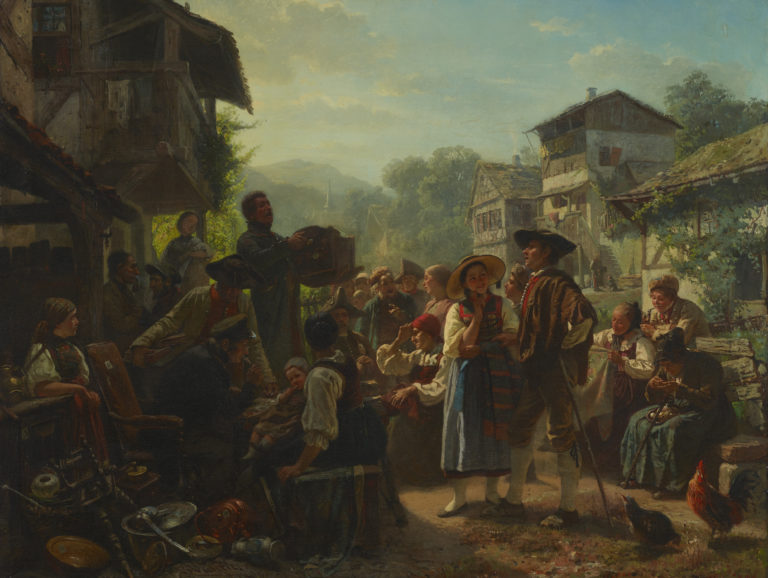Exposé actuellement
The CollectionBibliography
Daniel Spoerri. Dai Tableaux-pièges agli Idoli di Prillwitz/From Tap-Pictures to Prillwitz Idols, exh. cat. Genoa, Museo d’Arte Contemporanea di Villa Croce, Milan, Silvana Editoriale, 2010.
Erika Billeter (ed.), Chefs-d’œuvre du Musée Cantonal des Beaux-Arts, Lausanne. Regard sur 150 tableaux, Lausanne, Musée cantonal des Beaux-Arts, 1989: 300-301.
Catherine Lepdor, Patrick Schaefer and Jörg Zutter, Musée cantonal des Beaux-Arts Lausanne, Geneva, Banque Paribas (Suisse) S. A., Zurich, Institut suisse pour l’étude de l’art, 1998 (coll. Musées suisses, n. 9): 113.




In 1960, Pierre Restany and Yves Klein created the new realist group. Many artists, including Daniel Spoerri, Arman, Martial Raysse and Jean Tinguely, signed the group’s manifesto, with the intention of drawing on reality for the concrete content of their art. As early as 1912, Georges Braque and Pablo Picasso had started incorporating scraps of newspaper into their cubist paintings; now, torn posters, crushed cars and accumulated objects became works of art in their own right.
Spoerri first showed his Trap-Paintings in Paris in 1960. Created in the tiny twelve-metre-square room in the Hôtel Carcassonne he called home from 1959 to 1965, they show the remains of meals and crockery frozen in time. At this point, he did not rearrange the items at all, simply preserving the banal, chance image as a snapshot. He was particularly interested in freeze-framing objects that were usually handled and moved around during an evening meal. Once they had become static, he set the whole table up vertically on the wall. The shift from horizontal to vertical – Spoerri’s only input – strips the everyday scene of its ephemeral nature. The visitors are invited to engage in head-on study of elements that they would never have glanced at if sitting at the table.
Food and eating are recurrent themes for Spoerri, who sees them as an expression of the cycle of life. This work dates from when he ran a restaurant in Düsseldorf. He opened it in 1968 to study what leads to mess on dinner tables. This work features the ‘trapped’ traces of a meal eaten on 6 December 1972, with cigarette butts, coffee dregs, an empty bottle and used cutlery transformed into a lasting still life. The objects are stuck to a photocopied picture of crockery, forming a trompe-l’œil tablecloth that in turn explores the nature of representation.